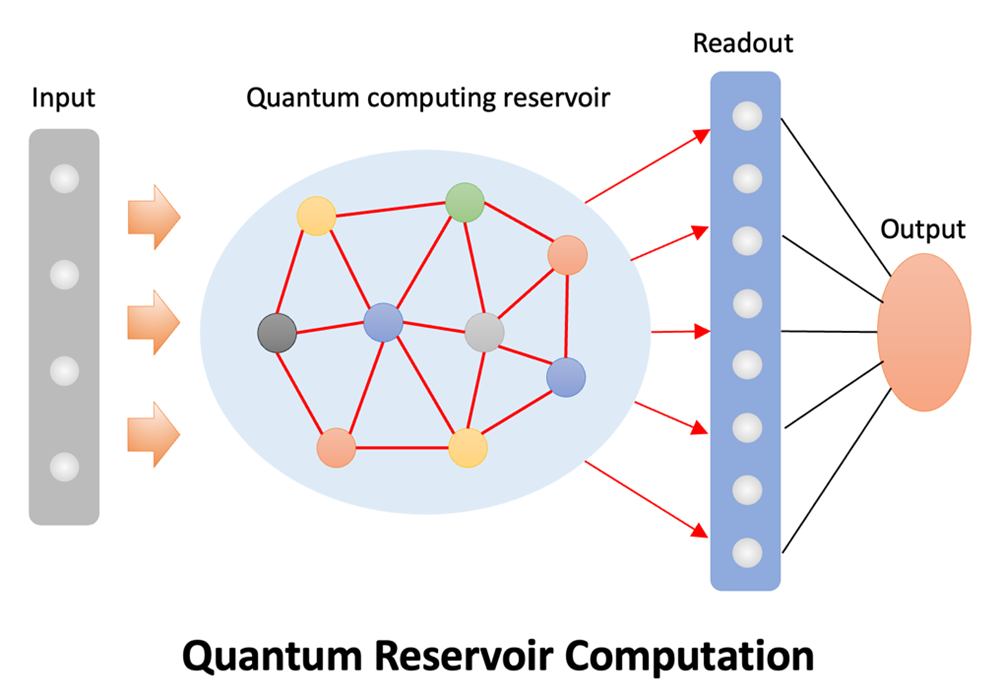Home
Recent Dr. Soh’s talk about quantum hardware reservoir computing
Slides: Quantum Hardware Reservoir Computing
We delve into the foundational principles of scalable quantum information processing networks with a focus on open quantum systems. Open quantum systems consist of primary quantum entities that carry quantum information, encased within an environmental bath, which continuously interacts with the primary quantum entities.
Our primary emphasis is on the scalability of quantum information processors. We achieve this scalability through various non-trivial coherent connections of these processors, incorporating series, parallel, and feedback connections.
From a theoretical standpoint, we explore three main topics:
- The influence of Markovian and non-Markovian baths on the performance of quantum information processing.
- Coherent quantum controls designed for quantum information processing.
- Detailed system modeling that integrates the non-idealities of open quantum systems to facilitate scalable quantum systems.
From an experimental perspective, we predominantly utilize the optical parametric amplifier, which generates a squeezed state of light. This helps us comprehend the impact of Markovian and non-Markovian baths on the performance of primary quantum information processing systems. As the light squeezer interacts with other quantum systems in various configurations (series, parallel, and feedback), we can assess the impact of these connected quantum systems. This is achieved through analyzing the squeezing spectrum, which in turn reveals both constructive and destructive quantum interference.

Our ultimate goal is to investigate unconventional methods of quantum computation. These include quantum deep learning machines founded on quantum neural networks and reservoir quantum computation, which leverages complex dynamic quantum systems and their computing capabilities. Through these methods, we aim to achieve high-performance computation with minimal resource utilization.

